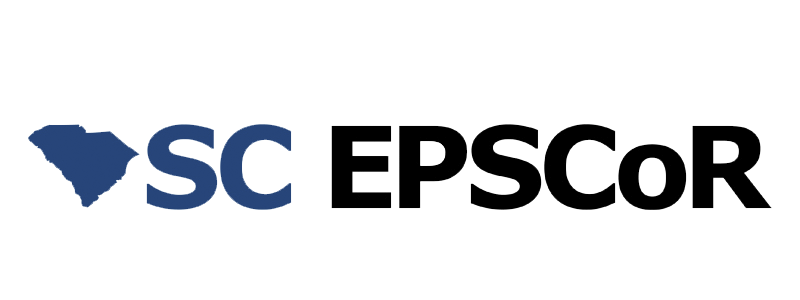- Home
- ADAPT in SC AI Ethics and Acceptance
ADAPT in SC AI Ethics and Acceptance
Given the impact of biomedical AI on healthcare, the resolution of ethical issues and acceptance of AI have emerged as major issues in trustworthy AI. We will train our team in ethical AI design and development to help minimize bias in AI models; assess stakeholder acceptance and willingness to use AI-enabled devices in diagnosis, treatment, and rehabilitation settings; identify barriers to acceptance and adoption among stakeholder groups; and bring together key stakeholders (researchers, developers, healthcare providers, patient advocates, foundations, trade organizations, and hospitals) in SC for a Biomedical AI Summit bi-annually.
This component of ADAPT will result in a better understanding of the key challenges of integrating AI into healthcare; a large cadre of researchers and students will have been trained in a variety of ethics topics relevant to biomedical AI and have a better understanding of ethical challenges and best practices in AI in healthcare. Moreover, healthcare providers, patients, and stakeholder groups will have gained knowledge of best practices and ethical issues related to AI in healthcare. This ADAPT component should help to minimize bias in AI models, improve transparency and trust in AI models, and address barriers to acceptance and adoption.
Goal:
- Enhance understanding of biomedical AI ethical issues: guiding principles in ethics from development, application, to practice
Thrust Leader:
Shelia Cotten (Clemson)
Contributing Faculty:
Hamilton Baker (MUSC)
Grant Goodrich (MUSC)
Nina Hubig (Clemson)
Xia Jing (Clemson)
Catherine Mobley (Clemson)
Jihad Obeid (MUSC)
Aishah Khan (Clemson)
Annual Report:
Publications:
Click to view year one publications

